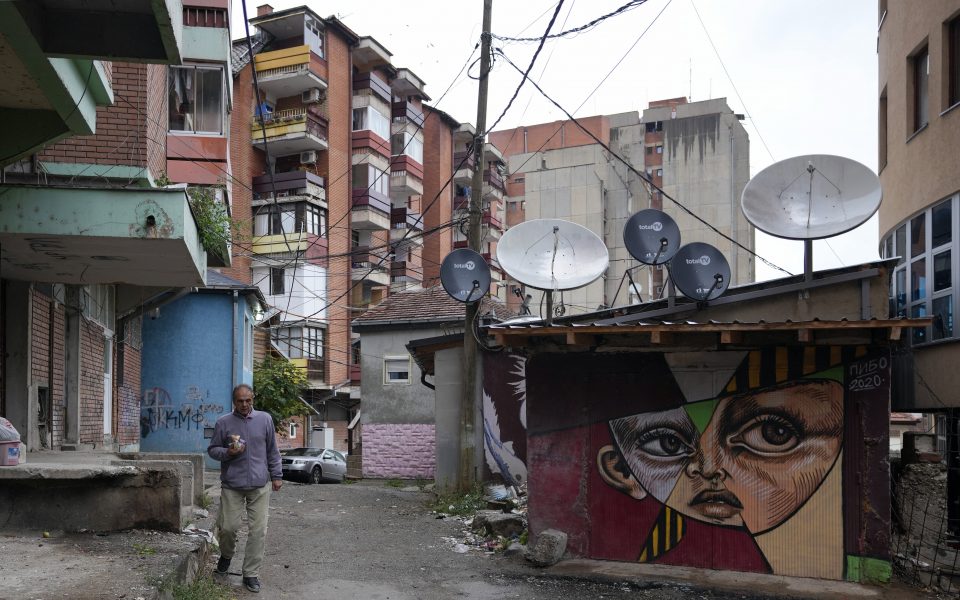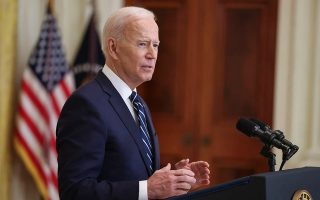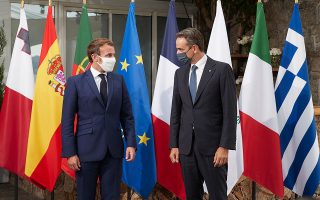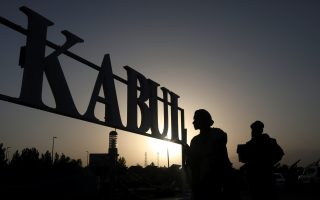Balkan tinderbox

Clashes between Albanians and Serbs in northern Kosovo, for the second time in a month, serve as a reminder that the most dangerous nationalist wound of the Balkan peninsula has not healed.
On September 20, Serbs in the north of Kosovo blocked roads near border crossings with Serbia in reaction to a decision by Pristina authorities to ban cars with Serbian license plates from coming into the country. On October 13, Kosovo police clashed with ethnic Serbs in North Mitrovica who were protesting anti-smuggling raids in the area. At least 11 people were injured and eight were arrested while the incident, like all previous ones, sparked a war of words between Pristina and Belgrade. Serbian President Aleksandar Vucic called on the Europeans to “restrain Pristina,” warning that “if they are not capable, we will restrain them.”
Although occasional threats of that nature are commonly treated as hot air, they still exacerbate the ethnic divide between Serbs and Albanians when a rapprochement between the two communities is key to a settlement. Twenty-two years after the secession of the Albanian-dominated former Serbian province and 13 since Kosovo declared independence, the recurring spasms of ethnic violence give the impression that Albanians and Serbs cannot live together peacefully in a single state. This feeds the ambitions of those who champion the idea of a partition and a land swap as a final settlement.
However, such scenarios, which are also endorsed by some governments outside the Balkans, would mean border adjustments that would, in turn, create a perilous domino effect. Ongoing EU-brokered talks have failed to produce meaningful results and future prospects look bleak. Washington’s behind-the-scenes moves have also failed to bear fruit. No proposal has so far managed to win support from both sides.
Any efforts and initiatives have been obstructed by the very poor relationship between the two ethnic groups, the regional objectives of Belgrade and Tirana, and, certainly, by the geopolitical games of the major powers that mostly see Kosovo as a pawn on the Balkan chessboard than can be moved around depending on their broader plans.
If the situation continues, Kosovo will evolve into a frozen conflict that will make headlines with every outbreak of violence. This is not necessarily bad, as long as it does not spiral out of control.





